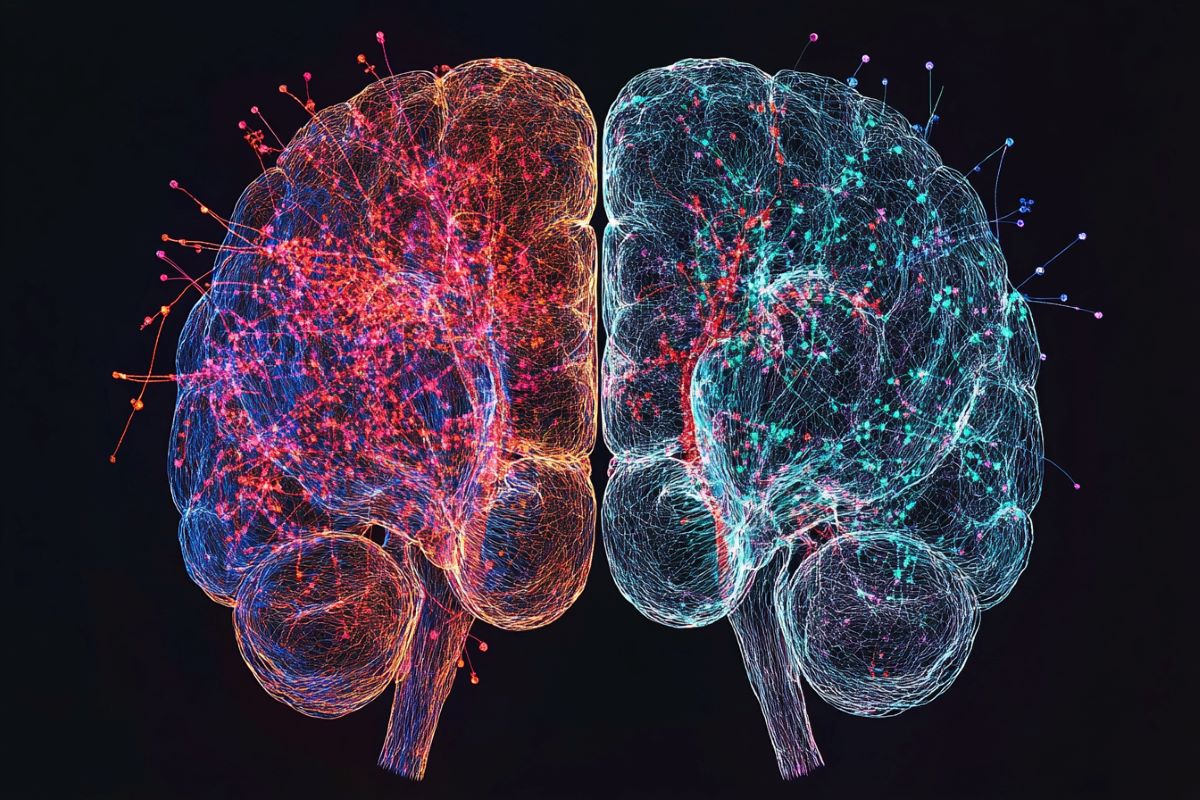How Early Reproductive Aging Impacts Emotional Health
Understanding Early Reproductive Aging and Its Impact
Early reproductive aging in females can be a catalyst for various mental health challenges. Research highlights the significance of hormonal changes occurring during early puberty and menopause, which potentially disrupt the harmony of emotional and cognitive well-being. These alterations may pave the way for increased anxiety, depression, and mood disorders across different life stages, affecting women globally.Mechanism Behind the Connection
The biological mechanisms underlying this connection are complex. Reproductive hormones like estrogen play a key role in not only reproductive health but also in brain functionality and mental health. Studies suggest estrogen influences neurotransmitter pathways, potentially affecting mood regulation and cognitive processes."The intersection of reproductive hormones and mental health is a critical area of study that could unravel the mysteries of female emotional health," states one prominent endocrinologist.
Potential Risk Factors
Key risk factors linked to early reproductive aging and mental health issues include:- Genetic predisposition to earlier menopause
- Environmental stressors
- Lifestyle factors such as diet and exercise
- Preexisting health conditions
Enhancing Mental Health with Lifestyle Adjustments
Numerous lifestyle changes can aid in mitigating the mental health risks associated with early reproductive aging:- A balanced diet rich in omega-3 fatty acids can promote brain health.
- Regular physical activity is crucial in fostering mental well-being.
- Stress management techniques such as yoga and meditation can improve emotional resilience.
- Regular medical consultations to assess hormonal levels.

Future Research and Developments
The ongoing research into the effects of early reproductive aging on mental health is promising. This field stands on the cusp of groundbreaking discoveries, potentially leading to novel therapeutic interventions. As science progresses, the hope is to bridge the gap between reproductive health and mental well-being, providing personalized care for women worldwide.Additional Resources
For readers interested in further understanding this topic, exploring reputable research papers and articles from esteemed publications is highly recommended. Engaging with communities and forums can also provide support and insight into how others navigate similar experiences. Continue Reading at Source : Neurosciencenews.com
Tags:
Health
